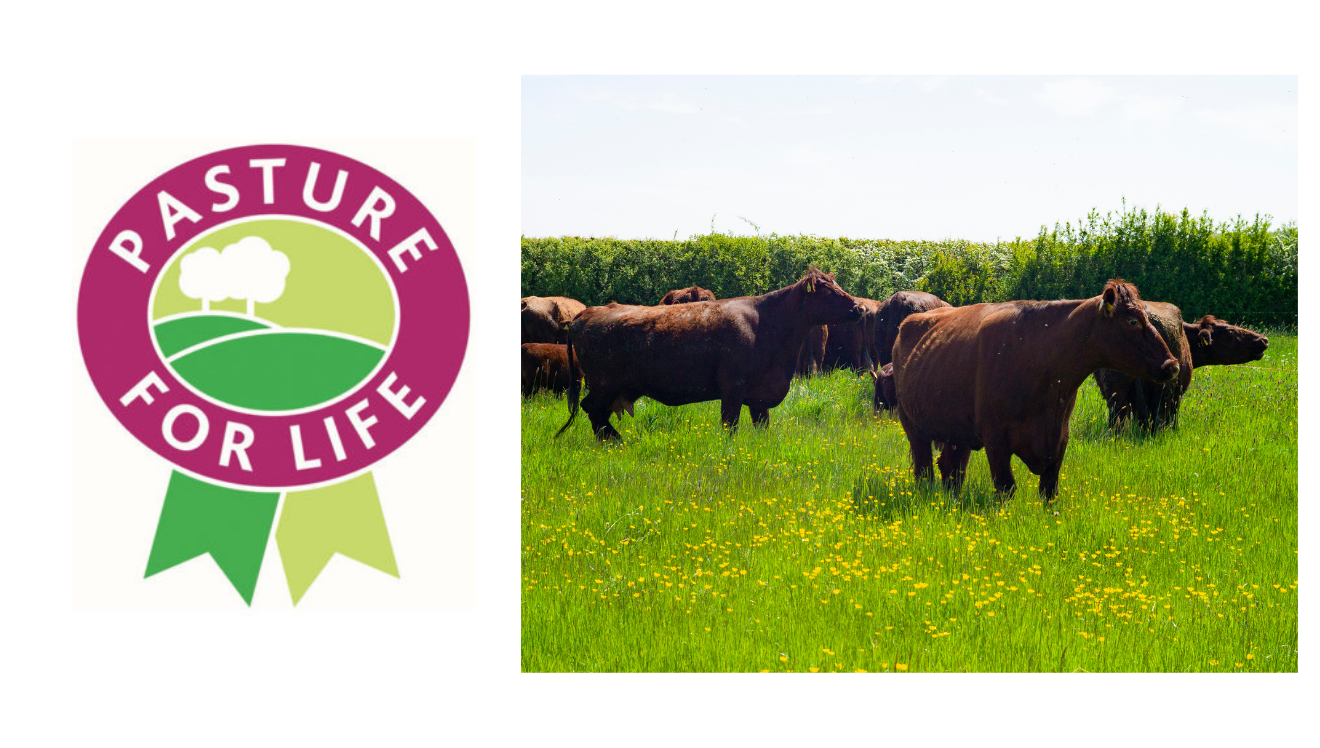Health Benefits to Grass-Fed Beef
Beef is a nutrient-dense food and should be part of any omnivore’s healthy diet. It is versatile and easy to cook with whether you are roasting a joint for Sunday dinner or having spaghetti Bolognese as a quick family tea, however not all beef is created equal.
Beef is a healthy source of complete protein, which is an essential macronutrient.
An essential macronutrient is a food source that has to be included in the human diet for a human to be healthy.
Beef is a complete protein because it contains all 9 essential amino acids that the human body can’t synthesis, therefore has to be eaten as part of a healthy diet. These amino acids are important for the growth and maintenance of the human body. Protein helps maintain and build muscle mass.
Beef is a great source of vitamins and minerals, including Niacin (B3), Riboflavin (B2), Thiamin (B1), Vitamin B6 and B12, Iron, Zinc, Selenium & Magnesium
The iron found in red meat is haem iron opposed to the non-haem iron found in plants. Haem iron has higher bio-availability, which means that haem iron is more easily absorbed by the body than plant-based iron.






